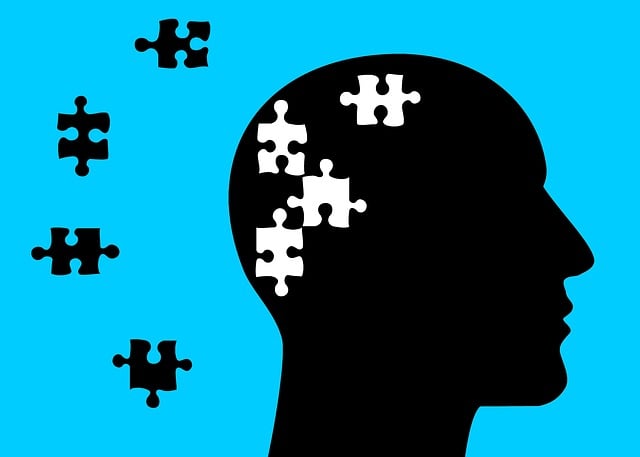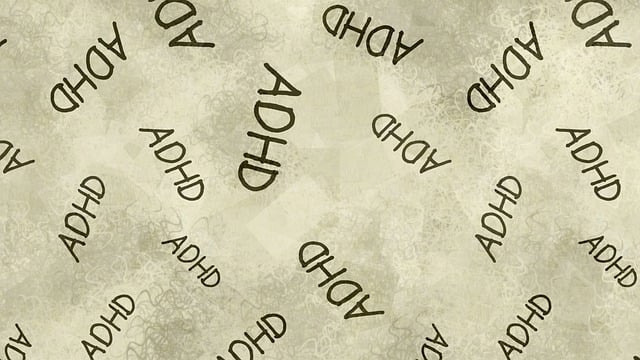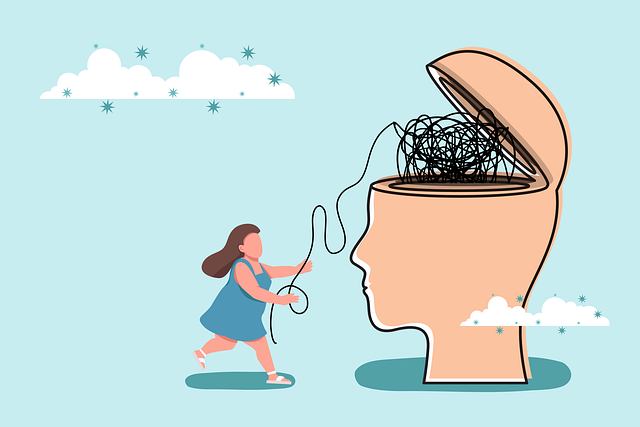Lone Tree Bariatric Evaluations Therapy offers a holistic approach to weight management, focusing on both physical and mental health. By combining detailed psychological assessments, inner strength development exercises, and tailored interventions, this method enhances patient outcomes and supports healthcare providers in preventing burnout. The Resilience, Flexibility, and Mastery (RFM) framework guides program development, targeting susceptible audiences through deep Reach analysis and ensuring consistent Frequency of resilience-boosting activities. Integrating RFM strategies equips individuals with tools to navigate stress, fostering emotional intelligence and coping mechanisms for long-term success in their health journeys, particularly during weight loss challenges. Continuous improvement is driven by data-driven evaluations, refining techniques based on individual needs.
Lone Tree Bariatric Evaluations Therapy offers a comprehensive approach to resilience building, utilizing RFM (Reach, Frequency, and Money) strategies for optimal results. This article delves into the integrated role of RFM in shaping effective resilience programs. We explore key components for design, implementation strategies, and continuous improvement measures. By understanding Lone Tree’s bariatric evaluations, professionals can enhance therapeutic outcomes, fostering resilience in a structured manner. Discover how these methods revolutionize care, emphasizing practical application and measurable success within the context of Lone Tree Bariatric Evaluations Therapy.
- Understanding Lone Tree Bariatric Evaluations Therapy: A Comprehensive Approach
- The Role of RFM (Reach, Frequency, and Money) in Resilience Building Exercises
- Designing Effective Resilience Building Programs: Key Components
- Implementing RFM Strategies for Optimal Results in Therapy
- Measuring Success and Continuous Improvement in Lone Tree Bariatric Evaluations
Understanding Lone Tree Bariatric Evaluations Therapy: A Comprehensive Approach

Lone Tree Bariatric Evaluations Therapy is a comprehensive approach designed to holistically assess and address the physical and mental health needs of individuals considering bariatric surgery. This method goes beyond traditional medical evaluations by incorporating detailed psychological assessments, focusing on the patient’s emotional well-being, eating habits, and risk factors associated with burnout for mental health professionals. It aims to uncover underlying issues that may impact a person’s ability to undergo and successfully manage weight loss surgeries.
By integrating inner strength development exercises into the evaluation process, this therapy empowers individuals to build resilience, learn coping mechanisms, and enhance their overall mental fortitude. This proactive approach not only improves patient outcomes but also plays a crucial role in burnout prevention for healthcare providers involved in bariatric care, ensuring that both patients and practitioners receive comprehensive support throughout their weight management journeys.
The Role of RFM (Reach, Frequency, and Money) in Resilience Building Exercises

The RFM framework—Reach, Frequency, and Money—plays a pivotal role in designing effective resilience building exercises. By analyzing Reach, we can identify the target audience most susceptible to developing emotional healing processes and stress reduction methods, ensuring that our interventions are tailored to those who need them most. This strategic approach, grounded in Lone Tree Bariatric Evaluations Therapy, allows us to maximize impact and engagement.
Frequency underscores the importance of consistent exposure to resilience-boosting activities for sustainable emotional well-being promotion techniques. Regular sessions, whether they be group therapy or individual counseling, reinforce positive coping mechanisms, helping individuals integrate these practices into their daily lives. Incorporating RFM principles guides our efforts in developing programs that not only attract but also retain participants over time, fostering genuine and lasting transformation.
Designing Effective Resilience Building Programs: Key Components

Building resilience is a multifaceted process that requires careful consideration and tailored strategies. Effective programs should include a combination of education, skill-building, and support systems to foster mental wellness. One key component is providing individuals with the tools to navigate stress and adversity, which can be achieved through various exercises like Mental Wellness Journaling or even Social Skills Training, depending on the context and needs of participants. These activities enable people to develop coping mechanisms and enhance their emotional intelligence.
Additionally, Lone Tree Bariatric Evaluations Therapy offers a unique opportunity to integrate resilience-building into weight management programs. By combining nutritional guidance with mental wellness exercises, individuals can address both physical and psychological aspects of health. Tailoring these initiatives to cater to diverse needs ensures that participants gain the skills and confidence required to overcome challenges, ultimately promoting long-term success in their journeys towards improved health and well-being.
Implementing RFM Strategies for Optimal Results in Therapy

Implementing RFM (Resilience, Flexibility, and Mastery) strategies is key to achieving optimal results in therapy, particularly for those seeking weight loss support through Lone Tree Bariatric Evaluations Therapy. These strategies are designed to empower individuals to navigate life’s challenges with enhanced resilience, fostering a sense of control and emotional well-being. By incorporating RFM techniques, therapists can guide clients towards effective stress reduction methods, such as mindfulness practices and cognitive reframing, which are essential tools in the emotional healing processes.
The integration of RFM into therapy sessions offers a holistic approach to crisis intervention guidance. It equips individuals with skills to adapt and bounce back from setbacks, promoting long-term behavioral changes. This method is especially beneficial for weight loss journeys, where challenges like food cravings or plateaus can trigger emotional distress. By mastering resilience, clients become better equipped to handle these crises, ensuring they remain on track towards their health goals.
Measuring Success and Continuous Improvement in Lone Tree Bariatric Evaluations

Measuring success and fostering continuous improvement are paramount when implementing RFM (Resilience-Focused Mindfulness) exercises in Lone Tree Bariatric Evaluations Therapy. By establishing clear metrics, therapists can objectively assess progress and tailor interventions to individual needs. This data-driven approach allows for a nuanced understanding of each client’s journey, enabling the refinement of techniques that promote resilience and coping skills development.
Regular evaluation facilitates the identification of areas requiring enhanced focus, whether it’s addressing mental illness stigma reduction efforts or integrating new self-care practices. Through this iterative process, therapists can ensure their methods remain effective and adaptable to the evolving needs of their clients, ultimately enhancing the overall therapeutic experience.
Lone Tree Bariatric Evaluations Therapy offers a comprehensive approach to weight management, emphasizing resilience building through tailored exercises. By leveraging RFM strategies—Reach, Frequency, and Money— therapists can design effective programs that enhance patient engagement and outcomes. Implementing these strategies involves careful planning, consistent delivery, and adaptive adjustments based on measured success. Continuously refining these practices ensures the program remains a dynamic and impactful tool within the therapy landscape of Lone Tree Bariatric Evaluations.











